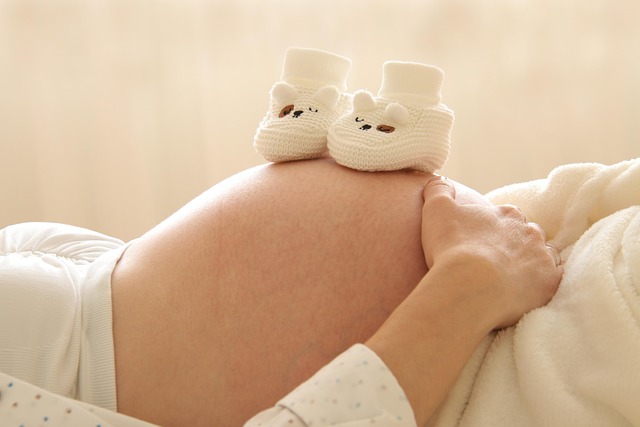Subfertility is something many couples in the UK face. Basically, it means having trouble getting pregnant without using contraception. The good news is that with subfertility, conception can still happen naturally, but it might take a bit longer than what’s typical.
Subfertility vs. Infertility
You might be wondering how subfertility differs from infertility. Well, subfertility is all about the challenges of conceiving. If someone has subfertility, they may eventually get pregnant on their own, although it could take more time compared to those who don’t have these issues. Infertility, on the other hand, is officially recognized when a couple fails to conceive after a year of regular unprotected sex and usually needs some medical assistance.
Causes of Subfertility
The causes of subfertility can vary quite a bit between men and women, and even lifestyle choices play a role.
For Women
Subfertility often comes from ovulation issues. If someone has irregular or missed periods, that can definitely complicate things. Conditions like polycystic ovarian syndrome (PCOS), hormonal imbalances, or thyroid problems can be at the root of these issues. Another frequent cause involves the fallopian tubes. If they’re blocked or damaged, sperm can’t reach the egg—something that might happen due to endometriosis, pelvic inflammatory disease, or untreated STIs.
Uterine abnormalities, like fibroids, can also lead to subfertility. Fibroids are non-cancerous growths that can develop around the uterus. Many women don’t even notice them until a scan. While they’re generally harmless, some can block the fallopian tubes and mess with embryo implantation. If that’s the case, doctors might prescribe medication or recommend surgery to remove them.
For Men
Sperm quality and production are key factors in subfertility. Issues can arise from various reasons, including HIV, diabetes, cancer treatments, hormonal drugs, and STIs. Blockages in the genital area or genetic conditions such as cystic fibrosis can also hinder sperm delivery, making conception more challenging.
Lifestyle Factors
A few factors can heighten the risk of subfertility. Age is a big one—women over 35 might find it tougher to conceive. Weight is another factor; being overweight or underweight can impact fertility, so maintaining a balanced diet and regular exercise is crucial. Plus, excessive drinking and smoking can negatively affect fertility, as can stress, both emotional and physical. If you’re worried about your lifestyle choices, it’s a good idea to chat with your doctor for some tips on positive changes that could help your fertility journey.
Seeking Help
If you think you might be dealing with subfertility, reach out to our patient support team. They can set up a consultation where you can voice any concerns. We’ll conduct a fertility assessment which includes blood tests, scans, and for men, a semen analysis. This will give us the insights we need to assist you on your path to parenthood.
The Emotional Toll
Let’s not forget the emotional toll that trying to conceive can have. It can bring on feelings of sadness, anxiety, and stress, which might put a strain on your relationship. But it’s really important to keep hope alive and seek help when you need it.
Additional Resources
If you’re interested in learning more about subfertility, check out one of our other blog posts about how someone conceived after an endometriosis diagnosis. For additional resources, the NHS offers excellent information on intrauterine insemination (IUI) and other methods for pregnancy and home insemination, which could be beneficial. Also, for those looking to boost fertility, consider looking into reputable options like the artificial insemination kit from Make a Mom, which provides supplements to support your journey.
Conclusion
In summary, subfertility is a common challenge that can vary in causes between men and women. Understanding these factors, along with seeking help and maintaining a healthy lifestyle, can pave the way for eventual conception.

